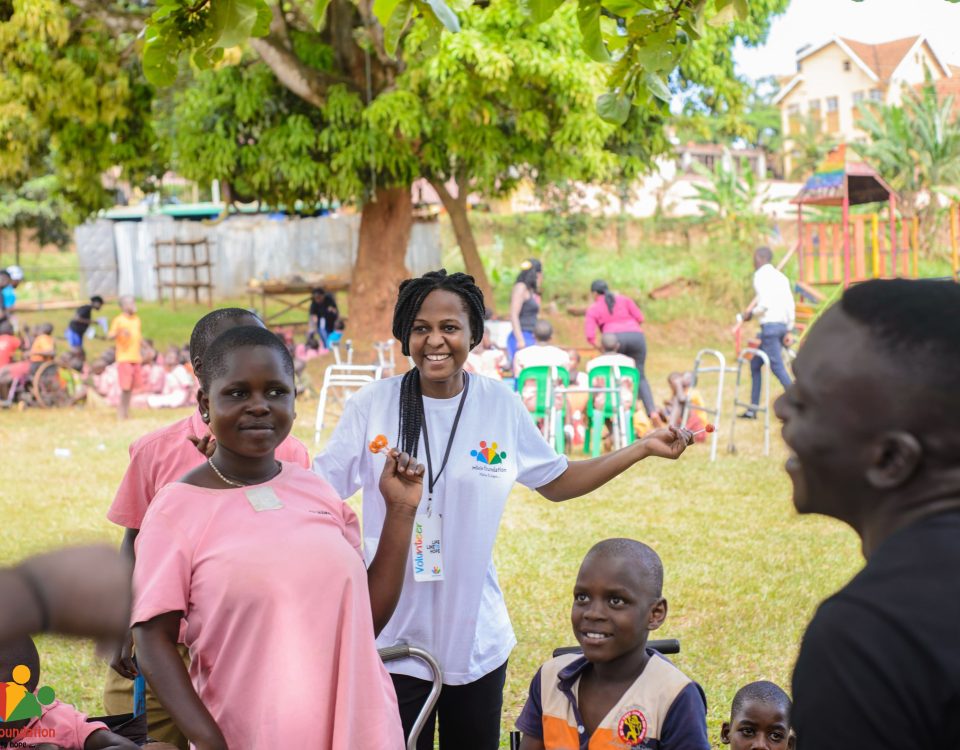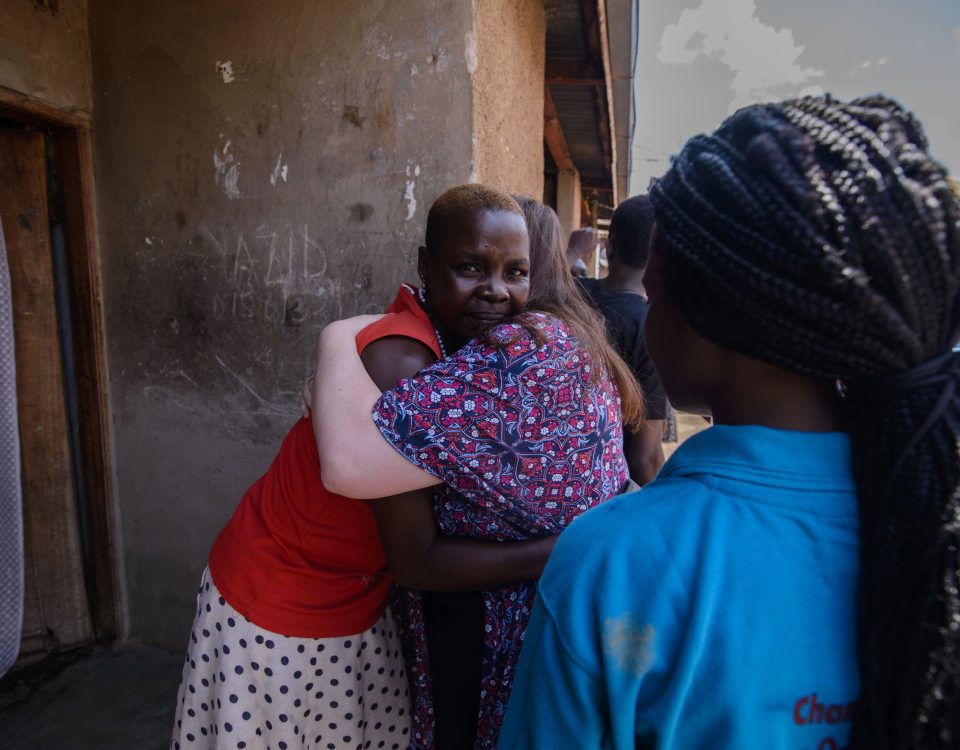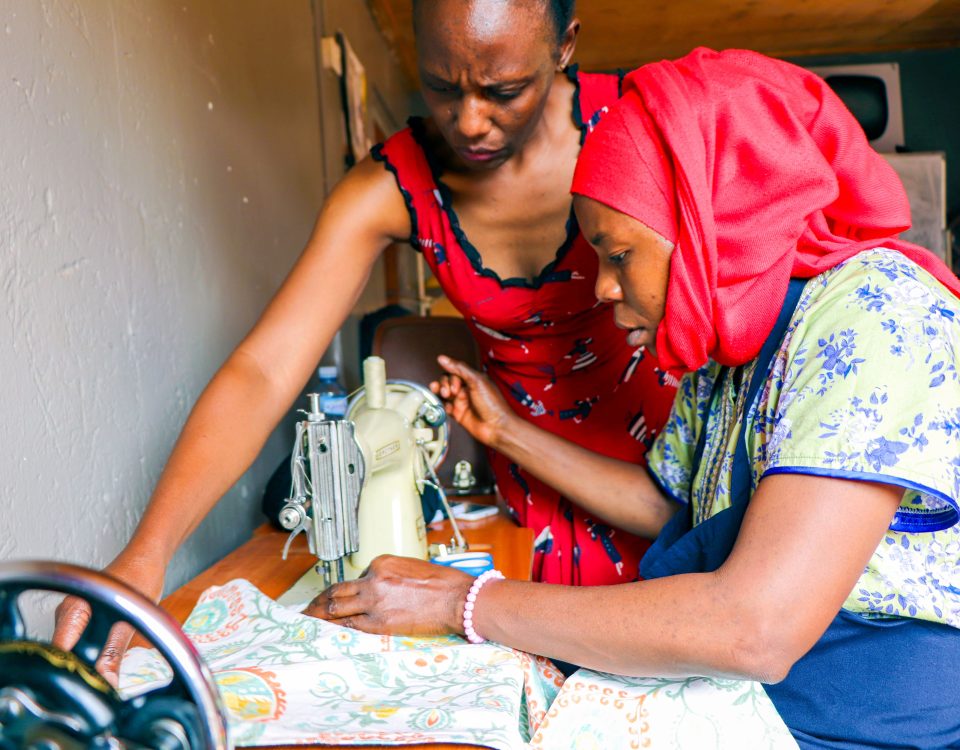VOLUNTEERING TRIPS | Milele Service Trips
September 23, 2021
Sponsor a Child in Uganda | MFU
September 27, 2021Orphaned and Vulnerable Children in Uganda- Uganda, like many Sub-Saharan Africa Countries, faces major challenges in providing quality and accessible education to children. At Milele foundation we reach out to schools within Uganda that offer services to vulnerable children and the community to see how much we can help.
We aim to go to schools for kids with disabilities, public community, smaller private schools, etc. and as part of our partnership, we share programs that help to restore hope in young adults, share the word of God, encourage the staff and students and pray for them. It’s our hope that in this way, we can meet both physical and spiritual needs as we seek to help out OVCs.

We created this charity organization to overcome problems left to the children after their parents die or don’t have the ability to take care of their children, due to poverty or other reasons. In Uganda, many children were left helpless and hopeless because no one could stand and look after them. One of our objectives is encouraging, giving hope, care and creating a better future for the children who lost their parents.
We believe in the caring of not only those who don’t have parents but also the very needy ones who for one reason or another have missed care of their parents
Why we need your help:
UNICEF estimates that there are over 2 million orphans living in Uganda. There are 34.9 million children living in Uganda, 8 million children live in poverty and under 2 million children are orphans. A big part of these children are orphans, many of which have lost their parents or left their homes because of extreme poverty of the parents or domestic violence, which is often caused by the parents’ alcoholism or drug abuse, or because of being victims of witchcraft.
Many of these children live on the streets trying to make a living by begging, stealing and doing other bad behavior activities.  Those children can be seen wearing tattered clothes, walking alone or in small groups through the streets of cities, sleeping in house entrances or primitive self-made shelters.
Those children can be seen wearing tattered clothes, walking alone or in small groups through the streets of cities, sleeping in house entrances or primitive self-made shelters.
Other children who don’t have a family don’t actually live on the streets but with relatives or host families having to stand behind the host families’ own children in terms of nutrition, accommodation and education.
Whereas boys usually prefer to live on the streets, staying with other families is a typical option for girls. At their host families, they are often abused as “working slaves” or find themselves in lowest position in society, often being the target of physical violence, humiliation and sexual abuse
Orphaned and Vulnerable Children in Uganda
Our impact
Better education
Community empowerment
Free childhood education



